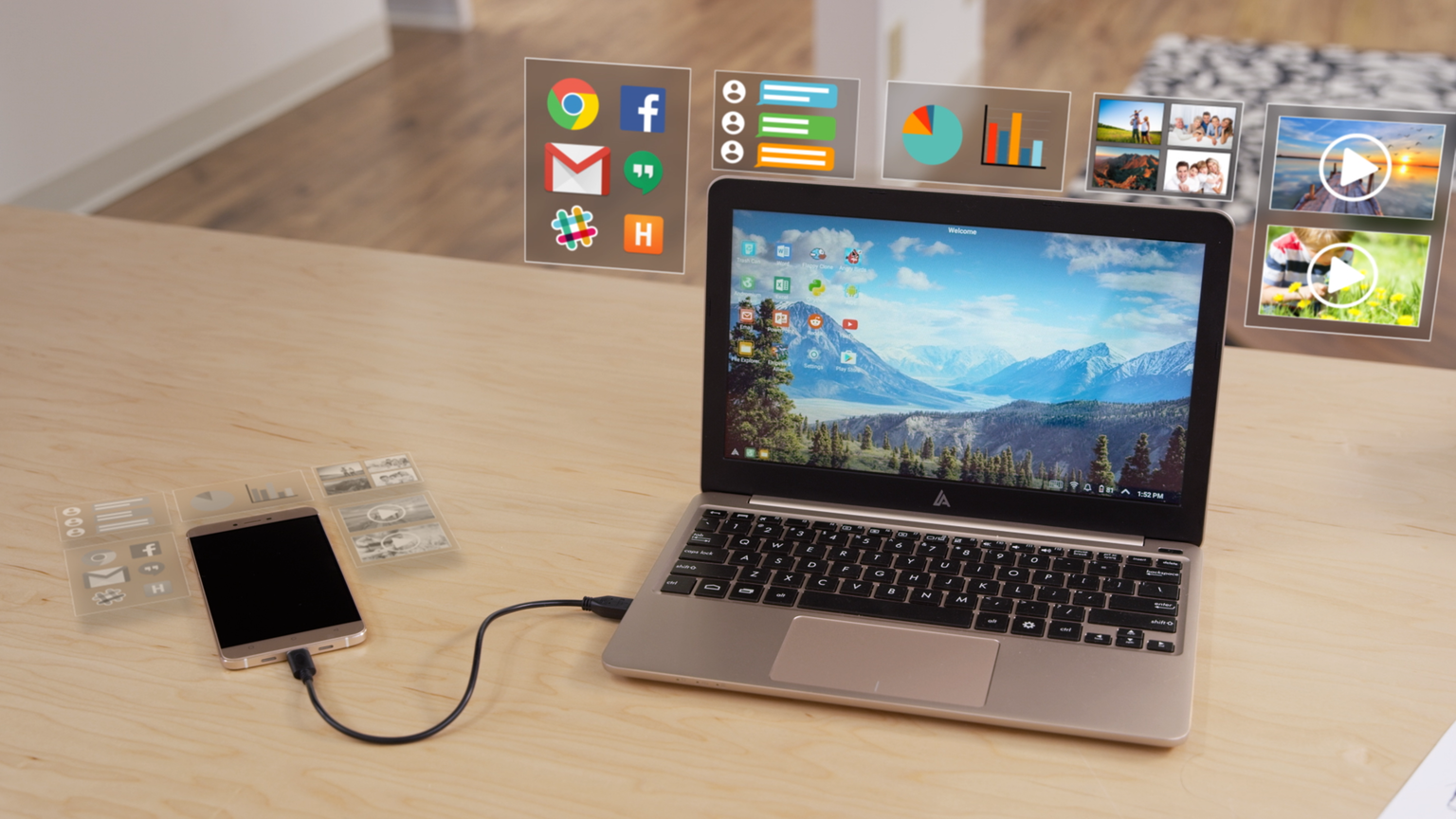The sheep are just four of 13 clones that Sinclair shepherds, but they’re the most famous because of their relation to Dolly, the sheep that made headlines two decades ago as the first successfully cloned mammal.
” ‘Sister clones’ probably best describes them,” Sinclair says. “They actually come from the exactly the same batch of cells that Dolly came from.”
[…]
Dolly’s life did not turn out as scientists in the cloning field hoped it would. She died young — 6 1/2 — with a nasty lung virus. “That was really just bad luck,” Sinclair says, and had “nothing to do” with the fact that Dolly was a clone.
But she also had osteoarthritis in her knees and rear hip at a surprisingly early age and the tips of her chromosomes were short — both signs that she’d aged more quickly than a normal sheep.
“That sort of threw fuel to the fire and strengthened concerns that clones might be aging prematurely,” says Sinclair. Because clones like Dolly were derived from the cell of an adult animal, the thinking went, her body might be set to an older clock from the start.
[…]
But, the good health of the 13 clones in the Nottingham herd suggest better prospects for the procedure. Sinclair and his colleagues evaluated the animals’ blood pressure, metabolism, heart function, muscles and joints, looking for signs of premature aging. They even fattened them up (since obesity is a risk factor for metabolic problems including diabetes) and gave them the standard tests to gauge how their bodies would handle glucose and insulin.
The results? Normal, normal, normal.
“There is nothing to suggest that these animals were anything other than perfectly normal,” says Sinclair. They had slight signs of arthritis (Debbie in particular), but not enough to cause problems. “If I put them in with a bunch of other sheep, you would never be able to identify them,” he says.
Source: ‘Sister Clones’ Of Dolly The Sheep Are Alive And Kicking

